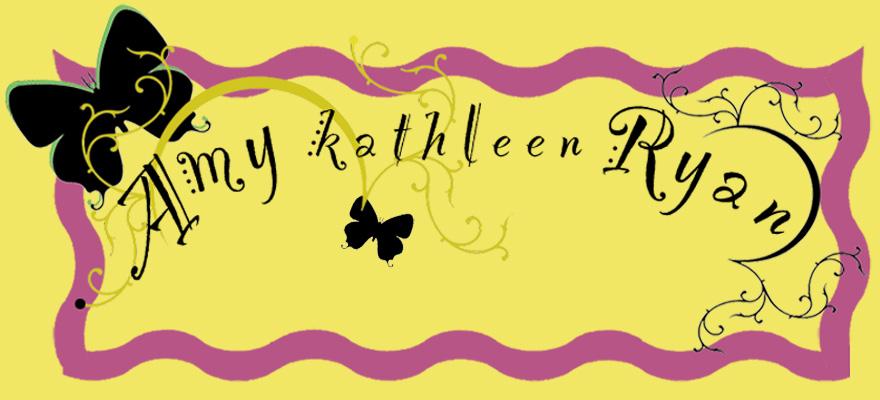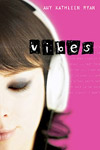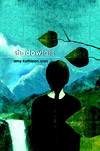REVIEW: The Hunger Games, by Suzanne Collins
Suzanne Collins' book, The Hunger Games, is a gripping look at the struggle for morality within an amoral system. Katniss lives in the poorest district of a future dystopia called Panem, which is overseen by what people call The Capitol. Each district must choose, by lottery, two kids as tributes, who are sent to the Capitol and placed inside a large arena where they must fight to the death. These are the Hunger Games.
Okay, so it's a little dark.
And so is our heroine. In the first few pages, Katniss reveals how she nearly drowned the family cat because she didn't want another mouth to feed. She is a hunter, and sneaks out of the district to roam the wilderness looking for cute furry creatures she can either sell or eat. She does this because she has to. Her mother and her beloved younger sister depend on her. If readers have trouble liking this heroine at first, reservations about Katniss are quickly resolved when she takes her sister's place in the Hunger Games, knowing this means almost certain death. She's a hero, but she is also a product of her surroundings. She is tough, and pragmatic, with an unwavering determination to protect her family.
The narrative takes on a rather surreal quality as Katniss makes her way to the Capitol, where she is primped and polished and put on national TV. Her fellow tribute, Peeta, confuses her. He is a baker's son, and never had to learn the hard lessons of living on the edge of starvation. His view of the Hunger Games is subversive. He tells Katniss whatever happens to him, he won't allow the games to take away who he is. At first she does not understand what he means, and even sees him as dangerously naive, but as the games progress, she changes her view of Peeta, and learns to admire him, and perhaps even love him.
I highly recommend The Hunger Games. It's good YA, and it's very good sci fi. Collins creates a savage world, but there are tinges of familiarity here, little hints that perhaps she isn't only writing about some imagined future dystopia. There's some subtle commentary about what our culture accepts as entertainment. We watch incredibly violent movies, and we relish the humiliations of contestants on reality TV shows. The Hunger Games are arguably a logical progression from these diversions. What makes Collins' world believable is the way she creates characters who react to the savagery in a realistic way, accepting their reality as best they can, even as they recognize the unfairness of it. This is character driven fiction at its best.





0 Comments:
Post a Comment
<< Home